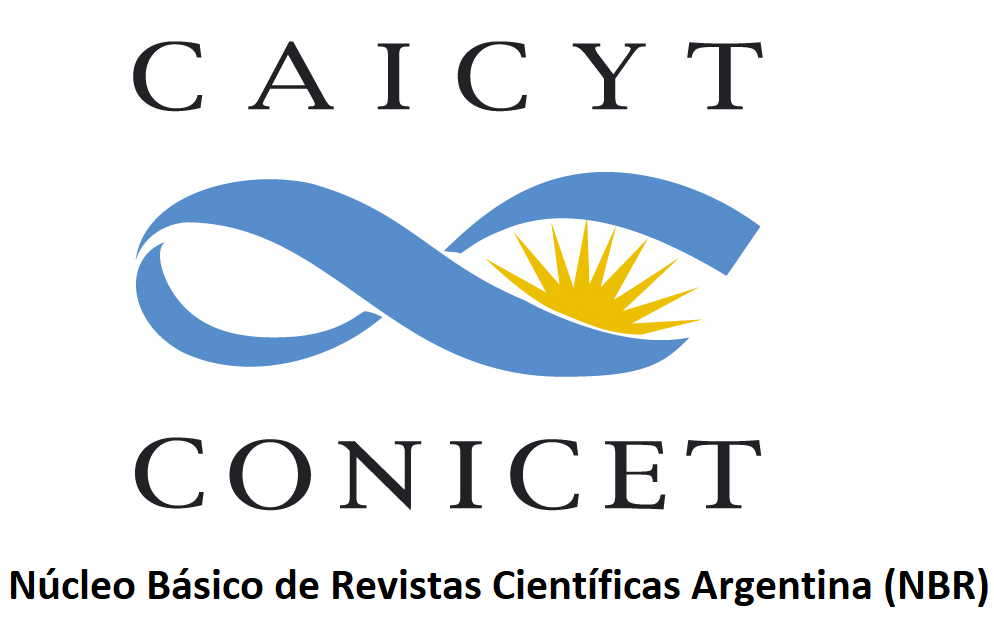Social Big Data: challenges of open governments and collaborative processes in the construction of data. The case of health sector and its relevance
Resumen
Nowadays, there are ways, such as open innovation or citizen innovation, to democratize access to data and provide solutions to the problems of civil society. In Latin America, it is encouraged to use models such as “the four helices” where one of the main actors is the citizenry. Including citizenship implies the recognition of the transformations offered by the open government policy, which requires open and public access to data and how its was constructed. In this way, social Big Data or the social aspects of Big Data offer an opportunity to improve public services.
This work takes Health as a case study, analyzing the importance of social Big Data and how it can improve public services. This analysis is part of the work of an interdisciplinary research group, among professionals from the social sciences and information systems engineering.














